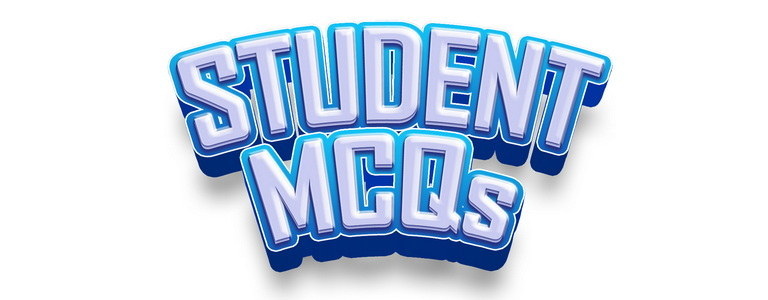Critical Thinking MCQs with Answers

Welcome to the Critical Thinking MCQs with Answers. In this post, we have shared Critical Thinking Online Test for different competitive exams. Find practice Critical Thinking Practice Questions with answers in Aptitude Test exams here. Each question offers a chance to enhance your knowledge regarding Critical Thinking.
Critical thinking is the skill to analyze information thoroughly and make informed judgments. To engage in critical thinking, it’s essential to recognize your own biases and assumptions when processing information and to employ consistent criteria when assessing sources.
Critical Thinking Online Quiz
By presenting 3 options to choose from, Critical Thinking Quiz which cover a wide range of topics and levels of difficulty, making them adaptable to various learning objectives and preferences. Whether you’re a student looking to reinforce your understanding our Student MCQs Online Quiz platform has something for you. You will have to read all the given answers of Critical Thinking Questions and Answers and click over the correct answer.
- Test Name: Critical Thinking MCQ Quiz Practice
- Type: MCQ’s
- Total Questions: 40
- Total Marks: 40
- Time: 40 minutes
Note: Questions will be shuffled each time you start the test. Any question you have not answered will be marked incorrect. Once you are finished, click the View Results button. You will encounter Multiple Choice Questions (MCQs) related to Critical Thinking, where three options will be provided. You’ll choose the most appropriate answer and move on to the next question without using the allotted time.
Wrong shortcode initialized
Download Critical Thinking Multiple Choice Questions with Answers Free PDF
You can also download Critical Thinking Questions with Answers free PDF from the link provided below. To Download file in PDF click on the arrow sign at the top right corner.
If you are interested to enhance your knowledge regarding English, Physics, Chemistry, Computer, and Biology please click on the link of each category, you will be redirected to dedicated website for each category.
